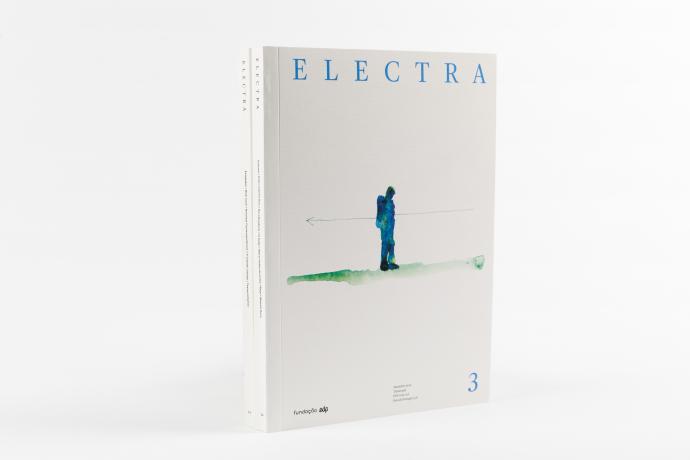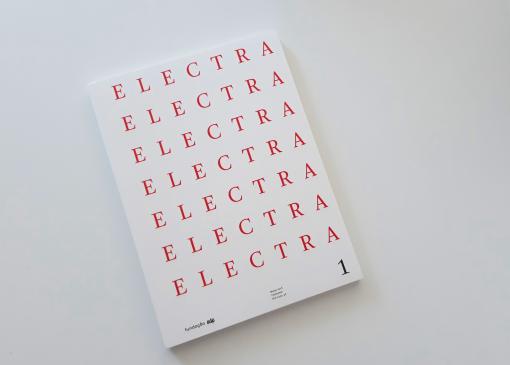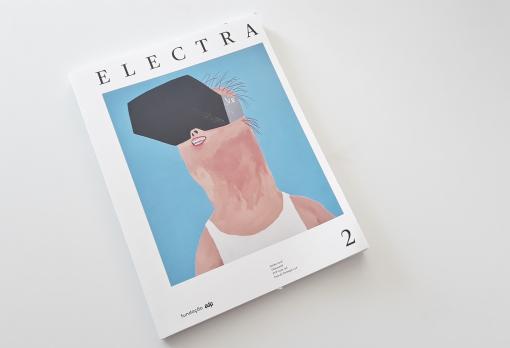Editor
Fundação EDP
Year
2018
Price
9.00€
(Availabe in MAAT store, bookshops, magazine stands and online)

Sinopsis
Tourism and its impacts on city life and on the landscape, culture and economy of host countries is the focus of the third issue of Electra. Geographer Álvaro Domingues traces the long history of the tourism phenomenon; French urban planner Thierry Paquot defends the disruption of the growing movement of world tourism; António Baião and António Pedro Marques analyse so-called 'ethical tourism'; economist and researcher Álvaro Matias reveals the numbers to examine the impacts of the tourism economy; French sociologist and ethnologist Jean-Didier Urbain discusses the figure of the tourist and the experience of the trip; and architect Pedro Bismarck reflects on the effects of tourism on the contemporary city through a critical perspective of political economy.
This issue's interview features Rosi Braidotti, an Italian-Australian philosopher and author whose work is deeply committed to political-social activism. She was a co-founder of a European network of feminist studies that earned her the European Commission's Erasmus Prize. In the interview, she speaks about the limits and dangers of identity, among other issues.
In the bicentenary year of the birth of Karl Marx, Italian philosophers Emanuele Coccia and Andrea Cavalletti comment on the definition of goods present in the work Capital, and historian José Neves examines the complex inheritance that Marx has left us. In the Diagonal section, biologist and researcher Vasco Barreto and professor of Portuguese and Brazilian studies Pedro Schacht Pereira analyse the question of race from the viewpoints of science and postcolonial studies.
Also in this issue, sculptor Rui Chafes writes about the work of fellow sculptor Manuel Ros and his survey exhibition; António Guerreiro profiles Maria Velho da Costa, author of a landmark oeuvre in the history of Portuguese literature; Catalan poet and essayist José Ángel Cilleruelo examines the history of the kiss within the public space of the city; and Bernardo Carvalho, a Brazilian novelist from Rio de Janeiro, makes an incursion into the 'epileptic city' of São Paulo. We also publish a facsimile of the diary of artist Pedro Cabrita Reis, creator of the cover art for this third issue of Electra.
This issue's interview features Rosi Braidotti, an Italian-Australian philosopher and author whose work is deeply committed to political-social activism. She was a co-founder of a European network of feminist studies that earned her the European Commission's Erasmus Prize. In the interview, she speaks about the limits and dangers of identity, among other issues.
In the bicentenary year of the birth of Karl Marx, Italian philosophers Emanuele Coccia and Andrea Cavalletti comment on the definition of goods present in the work Capital, and historian José Neves examines the complex inheritance that Marx has left us. In the Diagonal section, biologist and researcher Vasco Barreto and professor of Portuguese and Brazilian studies Pedro Schacht Pereira analyse the question of race from the viewpoints of science and postcolonial studies.
Also in this issue, sculptor Rui Chafes writes about the work of fellow sculptor Manuel Ros and his survey exhibition; António Guerreiro profiles Maria Velho da Costa, author of a landmark oeuvre in the history of Portuguese literature; Catalan poet and essayist José Ángel Cilleruelo examines the history of the kiss within the public space of the city; and Bernardo Carvalho, a Brazilian novelist from Rio de Janeiro, makes an incursion into the 'epileptic city' of São Paulo. We also publish a facsimile of the diary of artist Pedro Cabrita Reis, creator of the cover art for this third issue of Electra.






